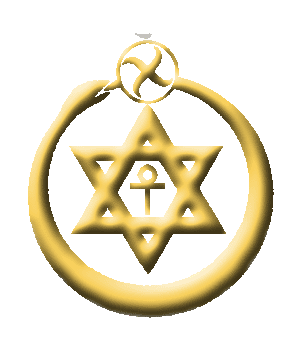
The Theosophical Society (Pasadena)
Australasian Section
- Home
- Meeting Programme
- Theosophy Links
- Theosophy Bookstore
- Melbourne Library Catalogue
- Part 1
- Part 2
- Contact Us
- Theosophical Articles
- Theosophical Glossary
- Book Reviews
- Film and Video Reviews
- Childrens' Booklist
- Quotes from the World's Wisdom Traditions
- Theosophy Tour
- The Theosophical Society
Theosophy in Depth
Theosophical Articles
- Theosophy and the Theosophical Society
- H. P. Blavatsky
- W. Q. Judge and H. S. Olcott
- Katherine Tingley and Point Loma
- G. de Purucker
- Colonel Arthur L. Conger and James A. Long
- Grace F. Knoche
- Universal Brotherhood, or the Oneness of Life
- Reincarnation and Reimbodiment
- Karma, or Cause and Effect
- The Spiritual Path
- Occultism, Occult Arts, and Psychism
- What Is a Human Being?
- Evolution
- Old Age, Disease, and Death
- Issues Facing Humanity: such as education; meditation and altered states of consciousness; capital punishment; peace; animals and humans; euthanasia and suicide; the environment; and our world present and future.
- Cycles
- Sacred Seasons
- Hierarchies: The Structure of Nature
- Truth, Ethics, and Duality
- Teachers, Disciples, and the Hierarchy of Compassion
- Science: A Theosophic Perspective
- World Spiritual Traditions in a theosophical light
(General, Classical Mediterranean, Mysteries, Ancient Europe, Christianity, Mideast, Asia, Native American, sub-Sahara Africa, Australasia, etc.) - The Arts
- Inspirational Writings
I hold it ever, Virtue and cunning were endowments greater Than nobleness and riches: careless heirs May the two latter darken and expend; But immortality attends the former. Making a man a god.
-- Shakespeare, Pericles, Prince of Tyre III, ii
-- Shakespeare, Pericles, Prince of Tyre III, ii